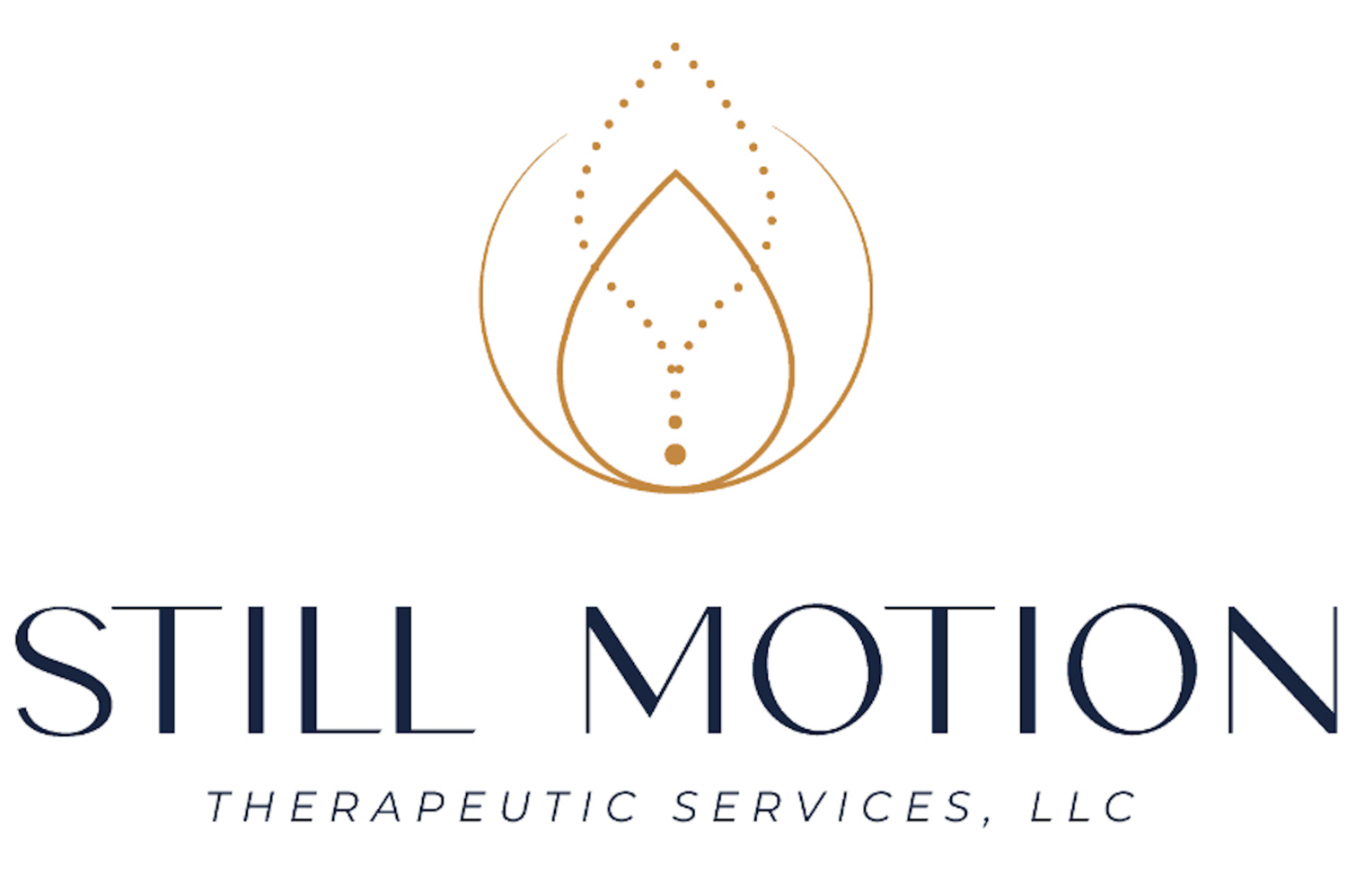Healing Through the Storm: The Transformative Power of Conflict Resolution Therapy
/Conflict is a natural part of any relationship — romantic, familial, professional, or otherwise. Wherever there is closeness, there’s bound to be disagreement. But it’s not the presence of conflict that defines a relationship — it’s how you move through it.
That’s where conflict resolution therapy comes in. It’s not about avoiding conflict, but about learning to navigate it with honesty, empathy, and skill.
Because when approached mindfully, conflict isn’t just something to survive — it’s something that can deepen connection, build trust, and foster real, lasting change.
What Is Conflict Resolution Therapy?
Conflict resolution therapy is a structured, therapeutic approach that helps individuals or couples address recurring or unresolved tensions in a safe, guided space. The goal isn’t to “win” an argument — it’s to understand each other, repair ruptures, and co-create solutions that honor both people’s needs.
This type of therapy can help with:
Frequent or unresolved arguments
Communication breakdowns
Emotional reactivity (yelling, shutting down, stonewalling)
Power struggles or trust issues
Cultural or personality differences
Workplace or family tension
Deep wounds from past conflicts
Whether you're a couple stuck in the same loop, a family member trying to mend a rift, or someone struggling with assertiveness and boundaries, conflict resolution therapy gives you tools to heal, not harm.
Why Conflicts Escalate
Many people believe the problem is the conflict itself, but often, it’s the way conflict is handled that causes damage.
Common patterns include:
Blaming and defensiveness
Avoidance and silence
Escalation into personal attacks
Passive-aggression or emotional shutdown
These are normal human reactions — usually rooted in fear, hurt, or unmet needs. But when we keep repeating these cycles without repair, trust erodes, and distance grows.
Therapy helps you identify these patterns, understand the emotions underlying them, and shift toward more respectful and connected ways of engaging.
What Happens in Conflict Resolution Therapy?
You don’t need to come in with perfect words or calm emotions. That’s what therapy is for.
A skilled therapist will:
Create a safe, neutral space for both (or all) parties
Help slow down heated conversations so each voice can be heard
Teach evidence-based communication skills (like active listening, “I” statements, and emotional regulation)
Help uncover deeper emotions and unmet needs that drive surface-level arguments
Facilitate repair conversations to rebuild trust after hurtful conflict
Guide you in setting healthy boundaries and shared agreements moving forward
The process isn’t always comfortable, but it’s designed to be compassionate, constructive, and clarifying.
Conflict Can Be a Catalyst for Growth
When handled with care, conflict can strengthen relationships. Why? Because healthy conflict invites honesty, courage, and emotional intimacy. It gives people the chance to say:
“This matters to me.”
“I want to be close to you, even when we disagree.”
“Let’s work through this — not against each other, but together.”
Conflict resolution therapy can transform arguments into opportunities to get to know each other better, meet each other with empathy, and foster more resilient, respectful connections.
You Deserve Peace — Within and With Others
If you feel stuck in conflict with a partner, a friend, a parent, a co-worker, or even yourself, know this: it’s never too late to change the pattern.
Conflict doesn’t mean failure.
It means you care.
It means there’s still something worth showing up for.
And with the right support, it can mean healing — deep, meaningful, and real.

